We are so fixated on getting enough vitamins. And taking the right vitamins and getting a multivitamin in. So let’s talk about how cooking can affect the absorption of vitamins. Because this is one of the frequently asked questions that how does cooking affect a vitamin? Does it denature? Does it break it down so that we don’t use it the same way? Well, the short answer is yes.
But in this article, I want to go into some more detail about how that works. And I want to share a couple of quick ways with you. That you can use to cook your vegetables or cook your foods. To ensure that you get the most out of them. And to make sure that you’re getting the vitamins that you want out of them. But before I go a whole lot further, let me explain that generally speaking its water-soluble vitamins we have to worry about. So, let’s talk about what a water-soluble vitamin is.
Water soluble vitamins

The water-soluble vitamin is a vitamin-like vitamin C or some of the B vitamins. And what it means is that they’re soluble in water. They do not store in your fat cells. So what happens is your body excretes them every single day. And they’re extremely important that you consume them every single day. It’s important that you get those vitamins. Otherwise, your body is going to become deficient in them. Now when you start looking at it from a water-soluble standpoint you think about it like that. Well, when you cook them in the water a lot of times those vitamins will wash out. Because they’re water-soluble. So that’s the first thing you really want to pay attention to.
Effect of heat on Vitamin C

Let me drop a little bit of science on you. That might blow your mind about how cooking affects Vitamin C. Colorado State University did a test to find out how much vitamin C was lost over various cooking times. So what they did is they took vitamin C and they heated it for three different intervals of time. They heated one batch for five minutes. Another batch for 15 minutes and another batch for 30 minutes. What they found was the vitamin C that was heated for 5 minutes only lost about 5 to 10 per cent of its effectiveness.
Now the vitamin C that was heated for 15 minutes lost about 20 to 30% of its effectiveness. And the vitamin C that was cooked for 30 minutes lost 50 to 60% of its effectiveness. That’s a pretty dramatic change when you look at it like that. And ultimately a pretty big waste of money. If you’re spending a lot of money on eating organic and eating the right foods.
Techniques to prevent nutrient losses
So I want to talk to you about how you can cook your food properly. And make sure that you’re getting the most out of it. In the shortest amount of time. And the cool thing is this trick is actually going to save you some time.
1. Keep the cooking time short
Fat-soluble vitamins are not nearly affected by heat. As much as water-soluble vitamins are. What actually happens when you heat a vitamin? It denatures, breaks down the cell structure, and it alters it. It doesn’t necessarily just get rid of it together. But it changes the cell structure so that the body doesn’t really know what to do with it.
Quite as much this can mean that even though you’re eating that broccoli that might be rich in vitamin C. Or some of the B vitamins. You’re not really getting the full effect once it’s actually cooked.

So do not prolong the cooking time. Or else you might just end up eating food without these nutrients.
2. Steam your food
We need to keep our cooking time short. And you might be asking yourself why not just eat these vegetables raw? Why not just eat everything raw and absorb all the vitamins that you possibly can? Well, the problem is when you eat raw it’s hard for your body to digest some of these vitamins as well.
If you envision the structure of broccoli it’s really firm it’s really tough. Well, that’s hard for your body to break down. That’s not that easy in itself.

So what you want to do is you want to steam it really quick. And you want to steam it at as low of a temperature as possible. Now when you think of steaming yeah it’s really only one temperature. But what you don’t want to do is heat the water up let it steam for a while. And then throw the broccoli in. You want to throw the broccoli in right when it’s first starting to steam. And only steam it for a short amount of time. It’s going to preserve the vitamins.
3. Don’t take your vitamins with hot drink
Now when you take vitamins or take supplements you don’t want to be taking them with hot tea. You don’t want to be taking your vitamin C with hot tea. Or hot chocolate or anything before bed. You want to have a little bit of time between. So if you’re going to take your vitamins wait a little bit before you have your hot chocolate. Or wait a little bit before you have your tea in the morning or your coffee in the morning.

If you’re supplementing with water-soluble vitamins vitamin (C, B vitamins) try to separate them from when you drink any hot drinks. Because it definitely can affect the absorption of these nutrients.
Conclusion
Now here’s the thing though I don’t want to sound completely biased. Just because heating kills off some vitamins it doesn’t mean that it kills off others. Now the Department of Food Sciences found that with some foods when you heat them you can actually enhance their nutrient value. So for example when the Food Sciences Department looked at Tomatoes when they cook them sure they lost a lot of the effectiveness of the vitamin C.
But heating actually enhanced the antioxidants within the tomatoes. And enhance the effectiveness of something called lycopene. So what this ultimately tells us is that you should be really eating a well-rounded balance of some heated vitamins and some not. You see at the end of the day it’s all about living as close to the earth as possible. And making healthy choices.

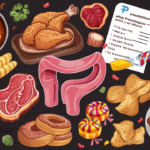
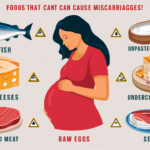
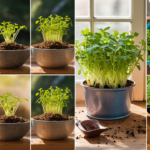
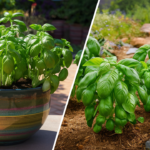

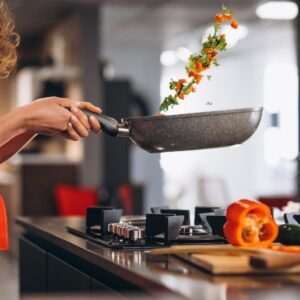
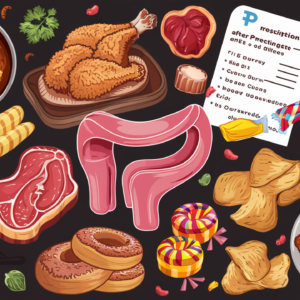
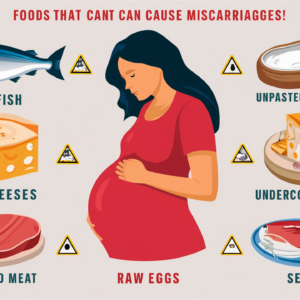

Discover the power of privacy with TornadoCash! Learn how this decentralized mixer ensures your transactions remain confidential.
can i cash a torn check
Tornadocash
Your article helped me a lot, is there any more related content? Thanks!
Your article helped me a lot, is there any more related content? Thanks!
Thanks for sharing. I read many of your blog posts, cool, your blog is very good.
Your article helped me a lot, is there any more related content? Thanks!